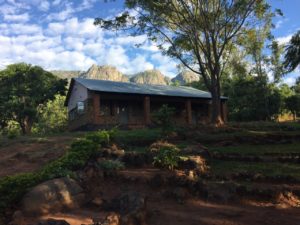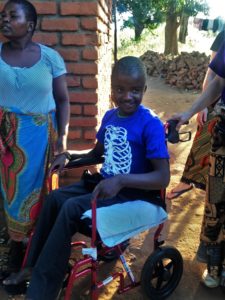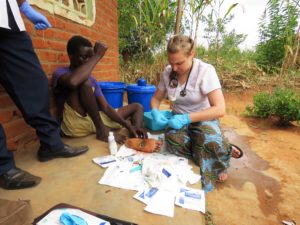Mark Carman recently embarked on a trip to Malawi, Africa on a VIP Medical Trip. His experience working with a mother in Malawi left him inspired.
I did not know what to expect of a medical trip to Malawi with VIP, even though I had visited Malawi with VIP previously on a friendship trip. The trip was far more involved and personally rewarding than I ever expected. I was assigned to work in triage, primarily taking temperatures, weights, and looking for symptoms of serious illness to expedite.

Yet the single most rewarding experience was meeting a young girl named Violet who suffers with cerebral palsy. Her clinician recommended a jog stroller, and I was asked to deliver and instruct on its use. I explained the features and use of the stroller to the overwhelmed mother and then had the mother repeat the actions.
We folded and unfolded.
Applied and released brakes.
Reclined the seat and used the safety strap.
We then put Violet in the stroller and the mother began to realize the tremendous burden which had been lifted from her both physically and emotionally.
Later I saw her outside of the clinic showing other mothers her great gift. In this moment I truly felt that I was sharing in the experience of making a difference. In the end I know that I received more from the people of Malawi than I ever could have contributed.
To learn more about visiting Malawi yourself, checkout the latest Friendship Trip & Medical Trip dates here.

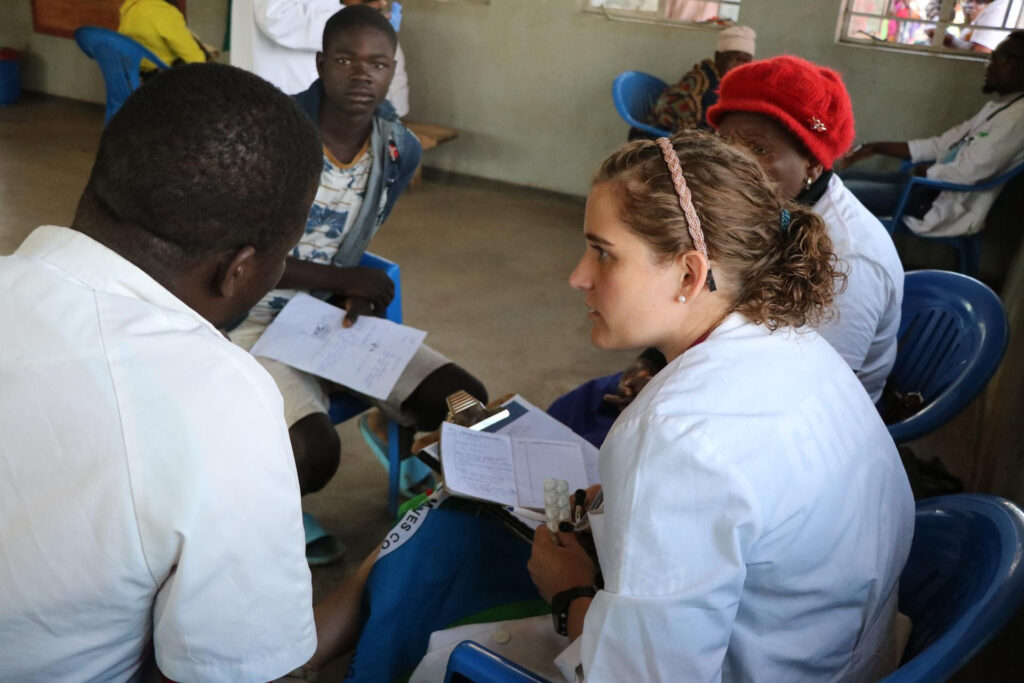
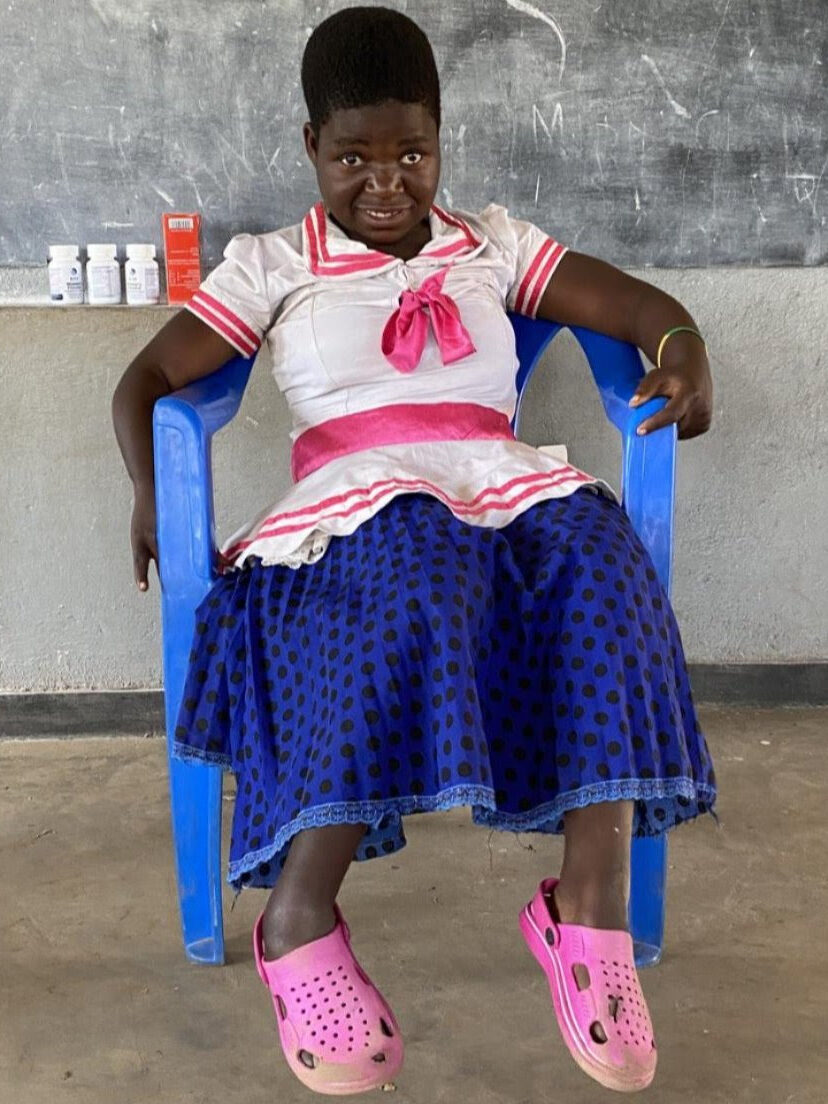
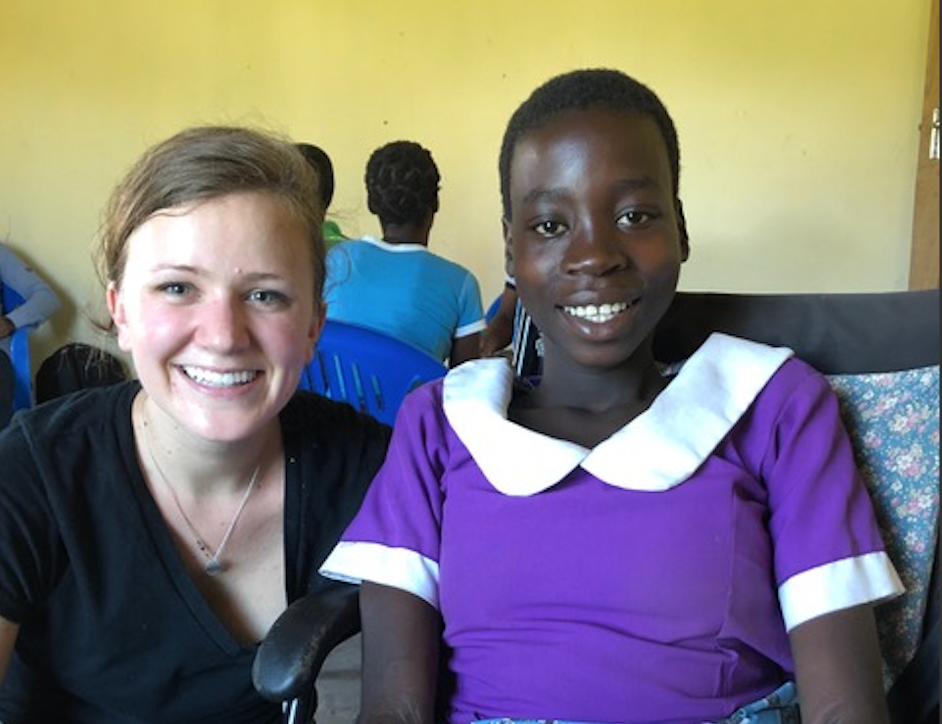


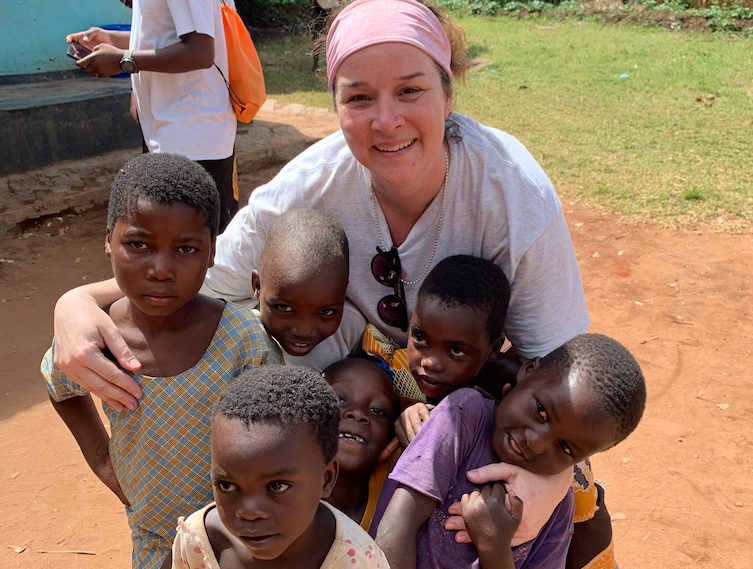

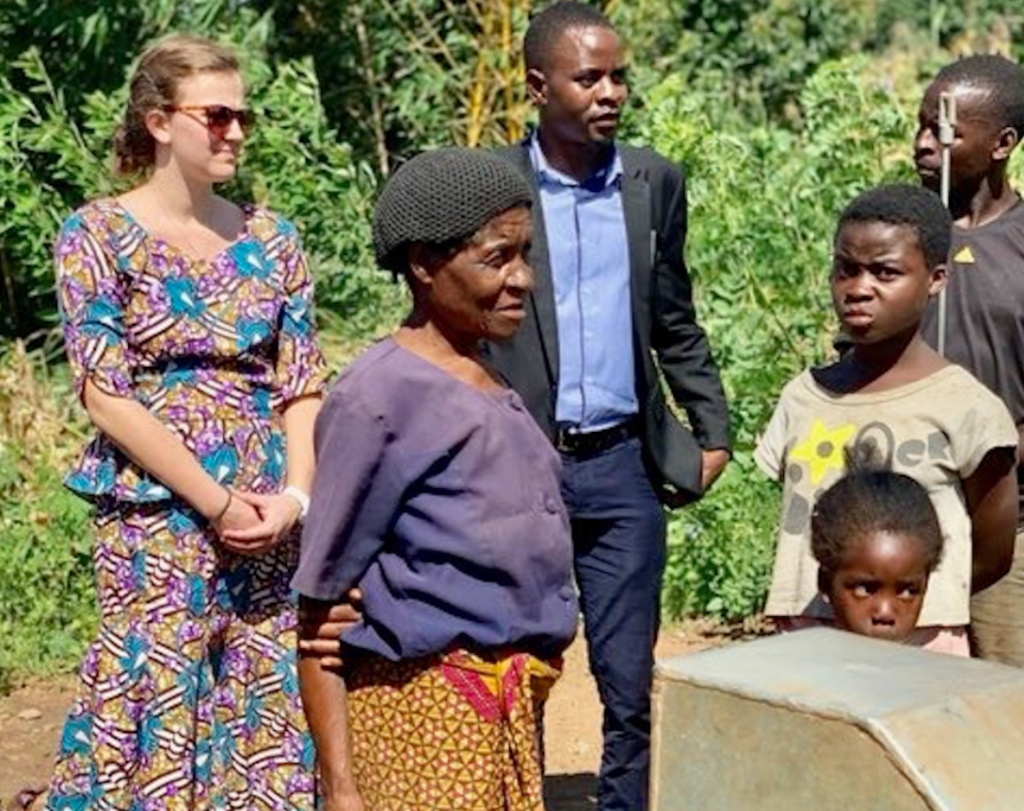
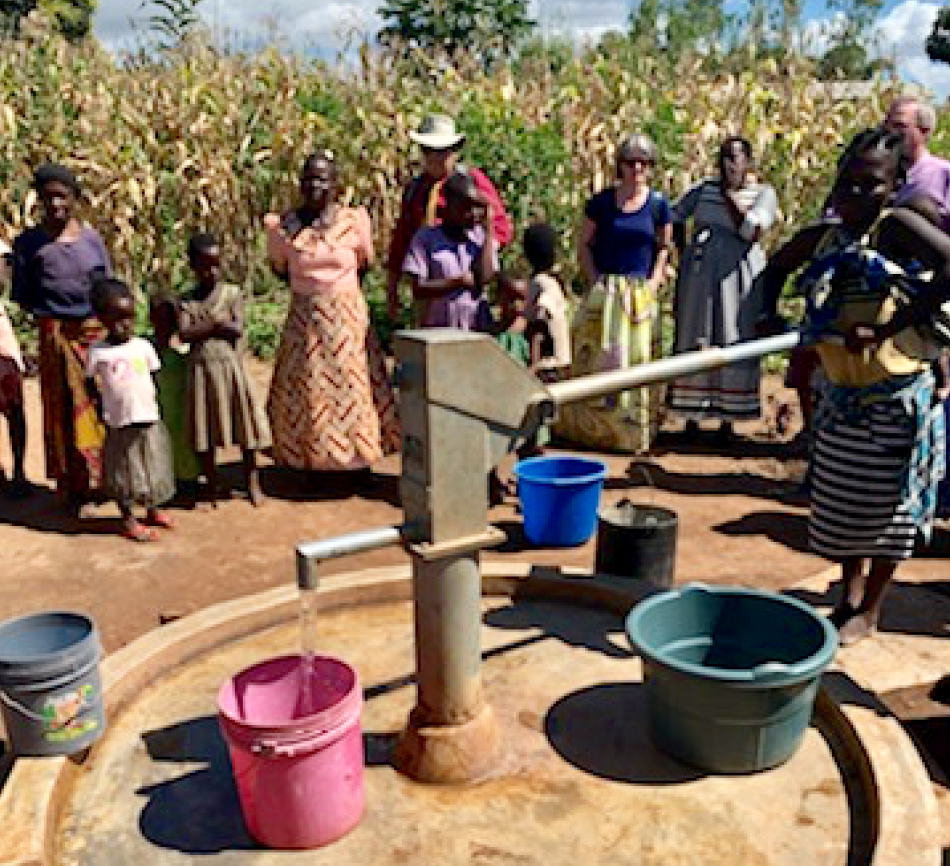
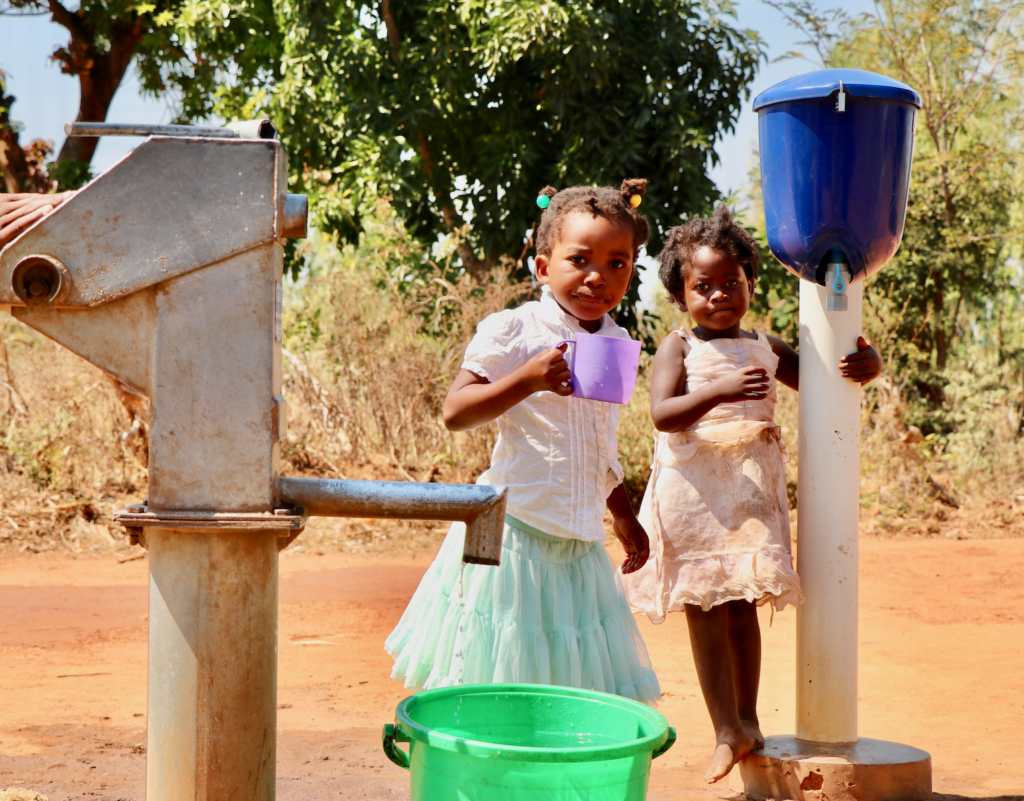
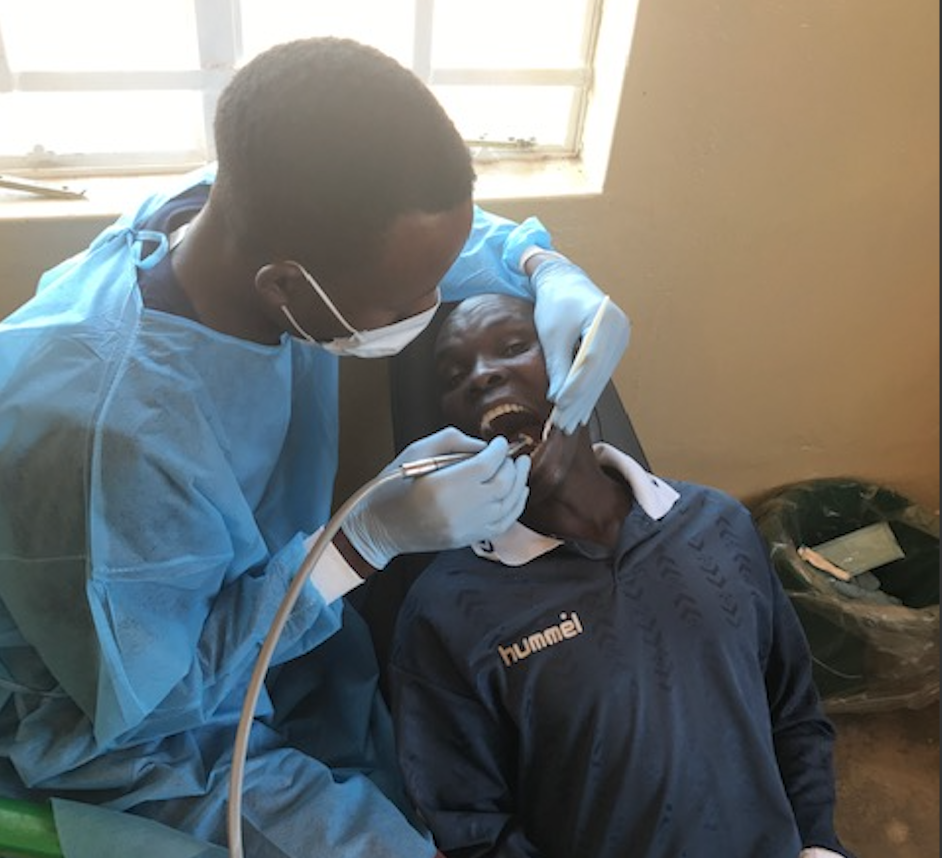
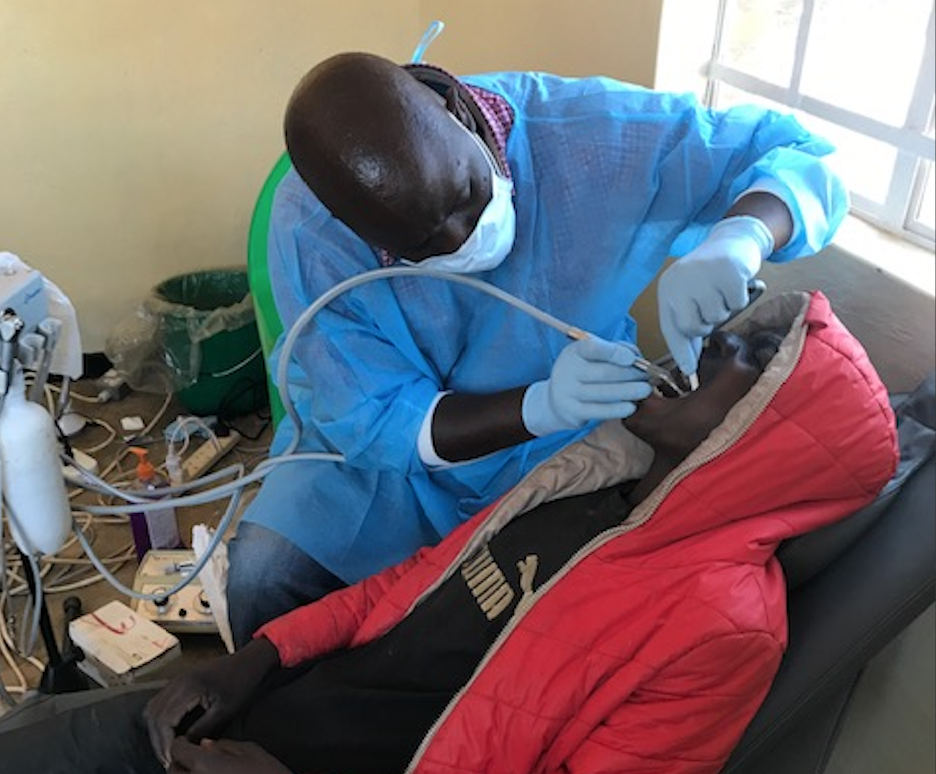
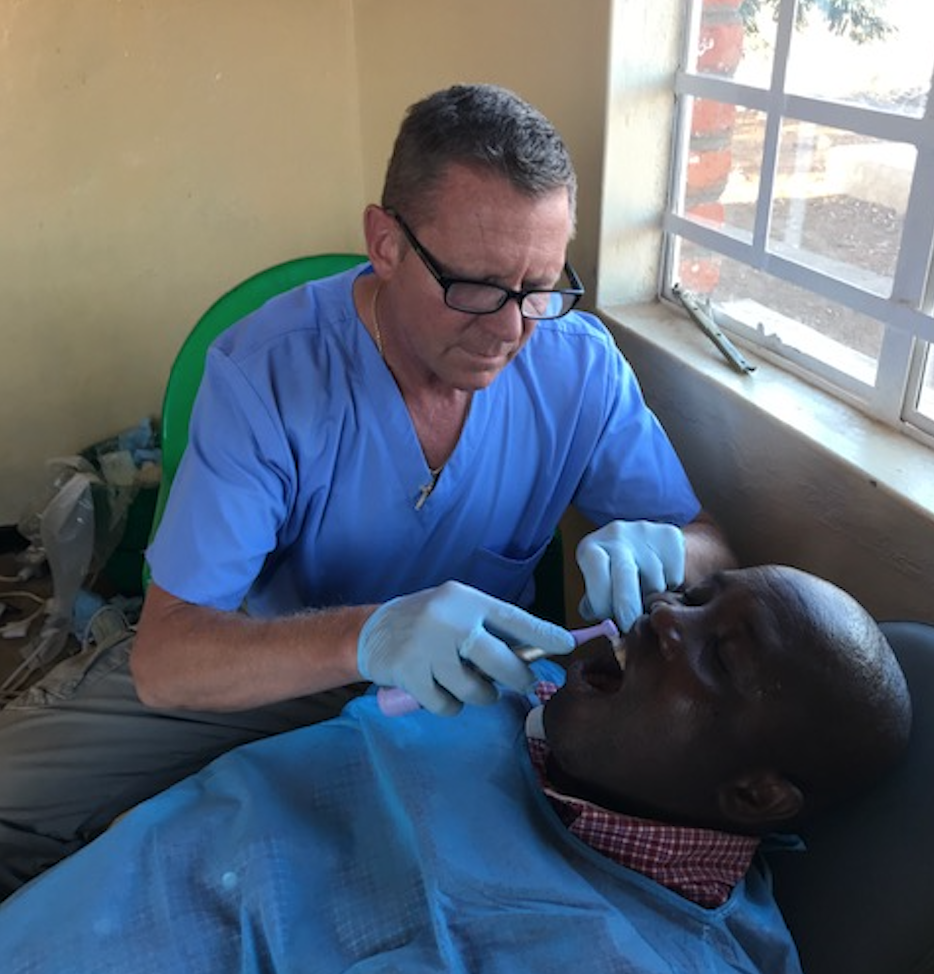
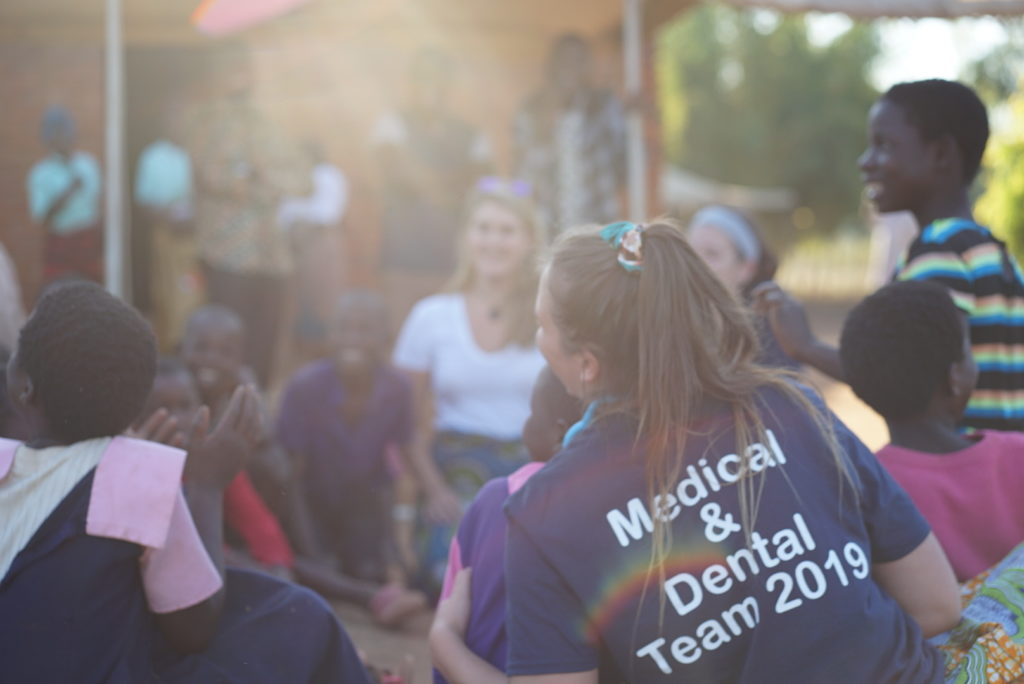
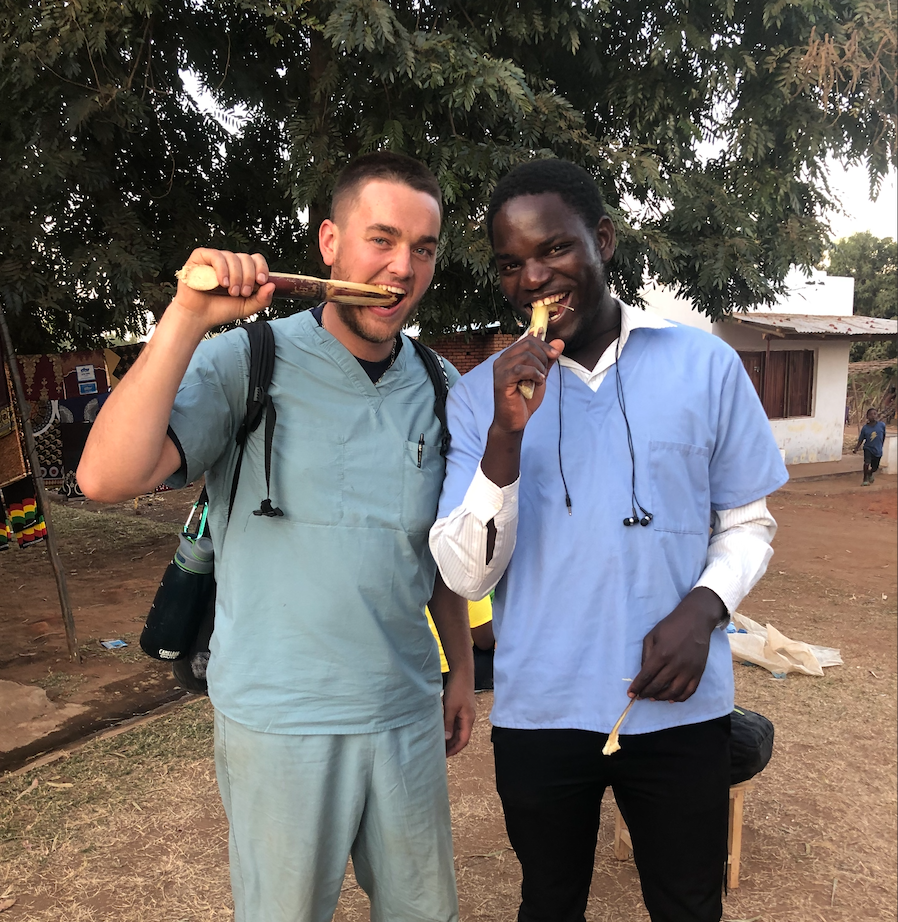
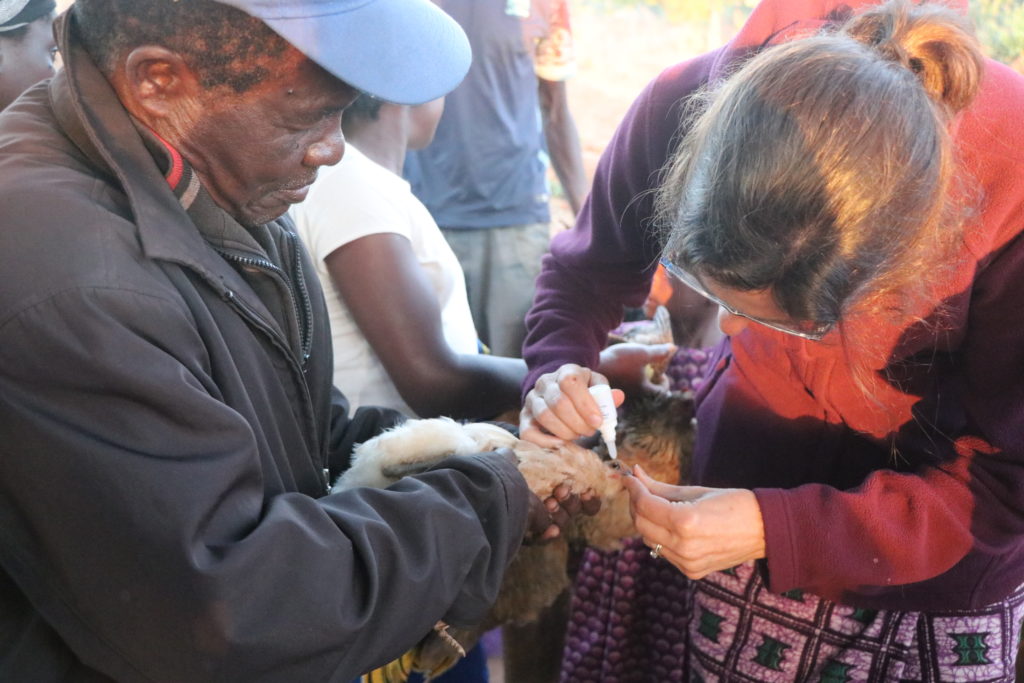
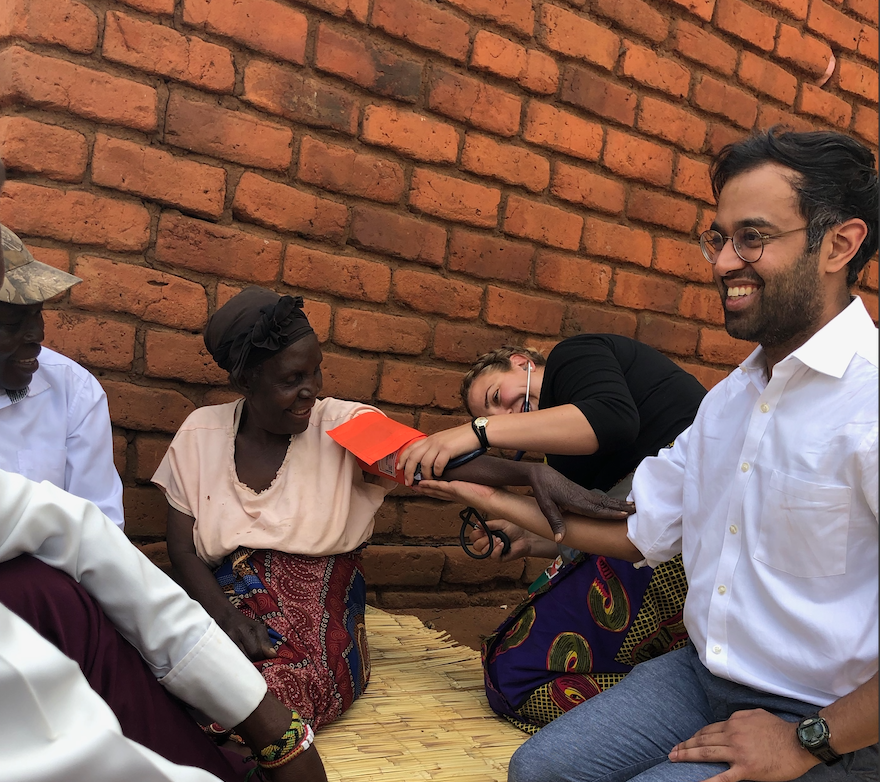
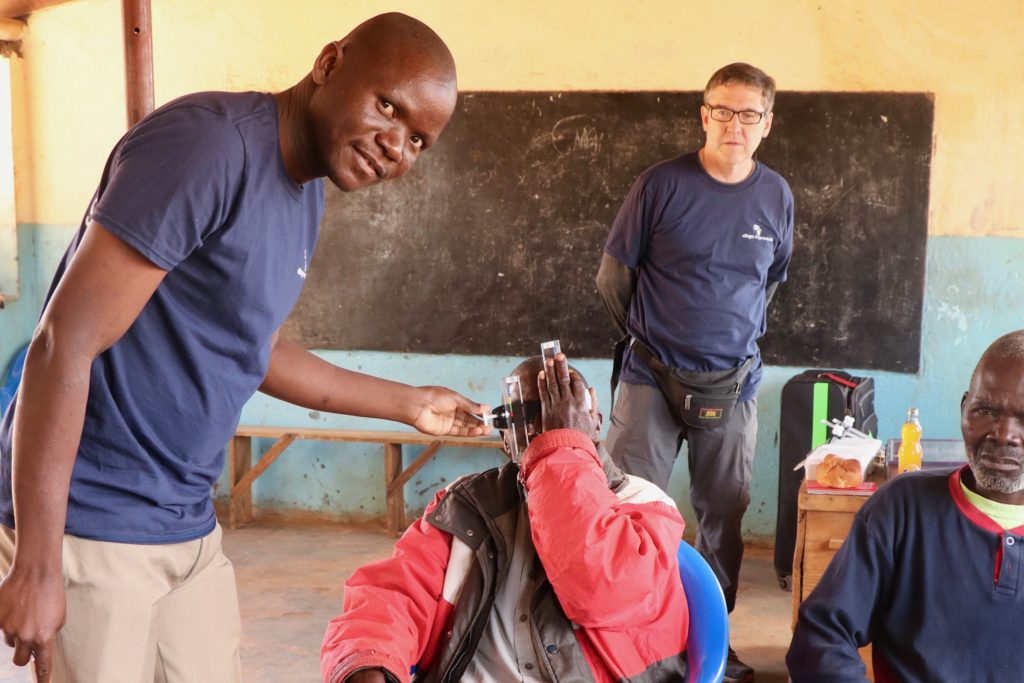
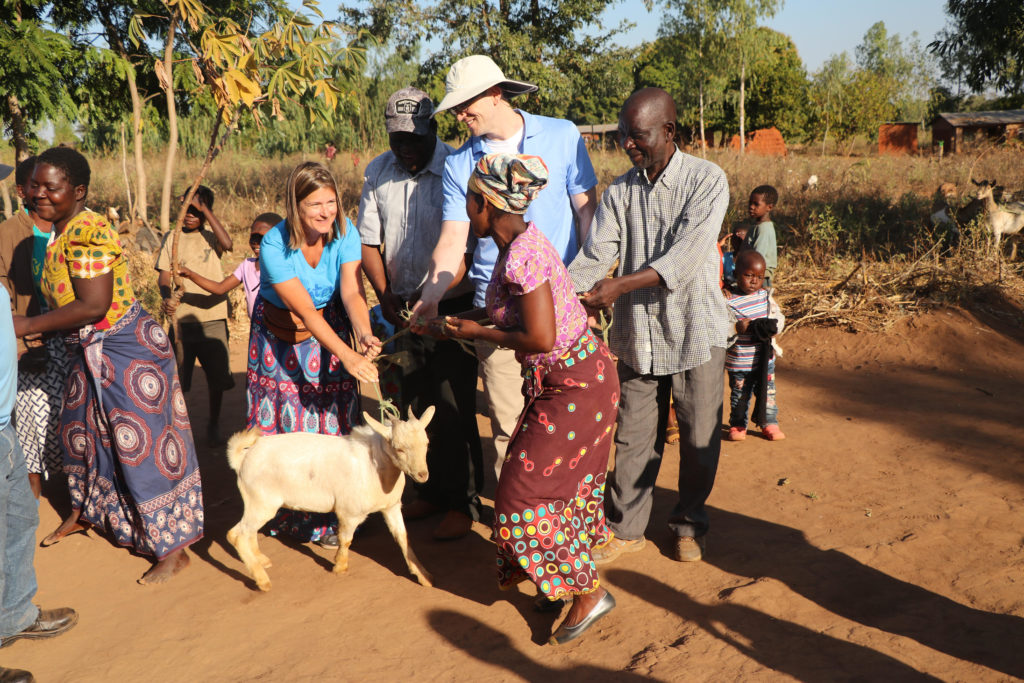
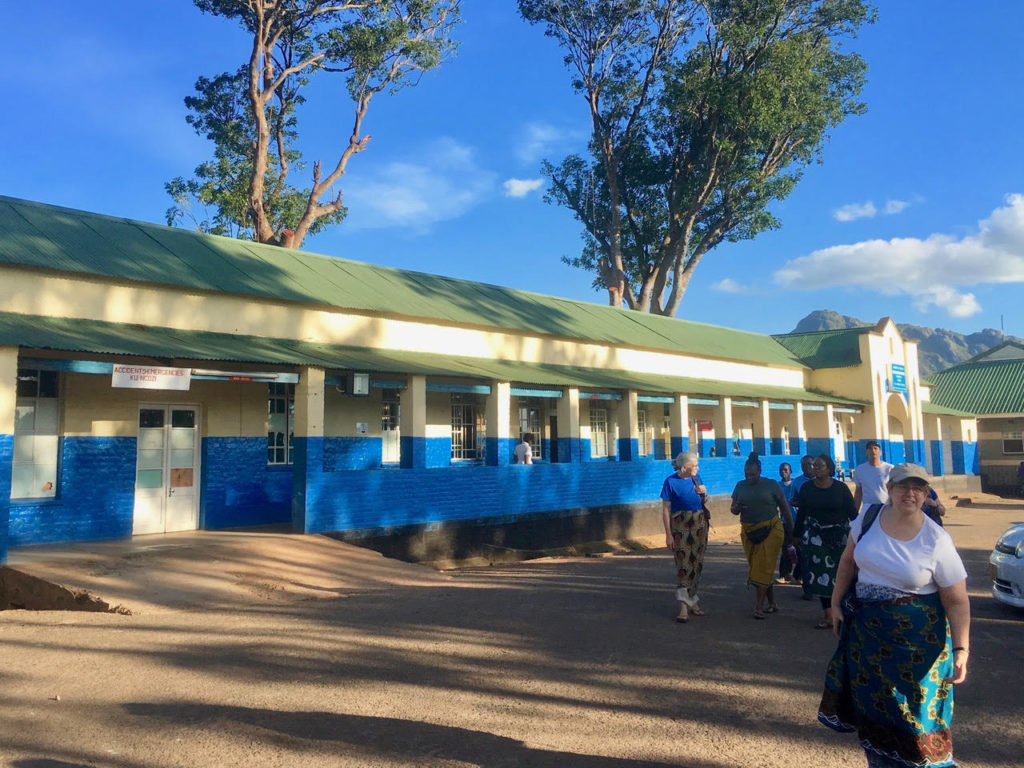
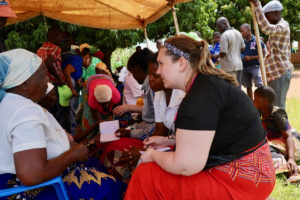
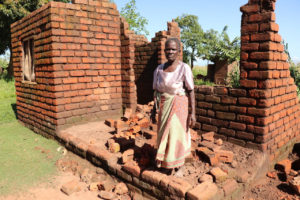
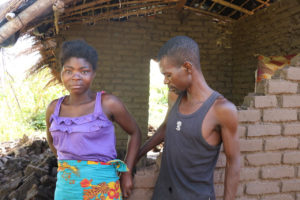
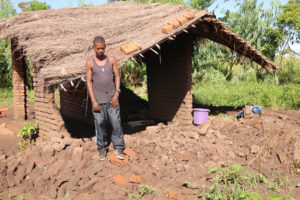
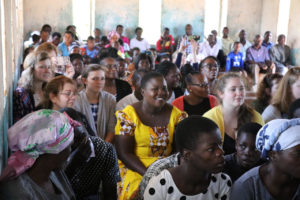
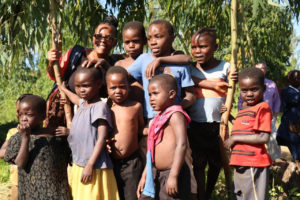
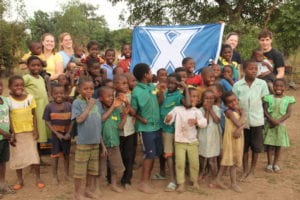
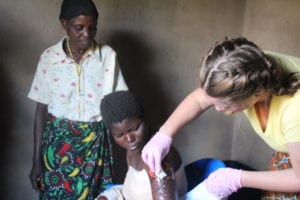
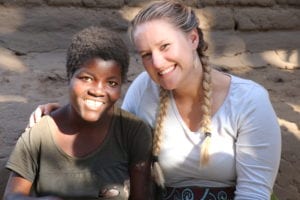
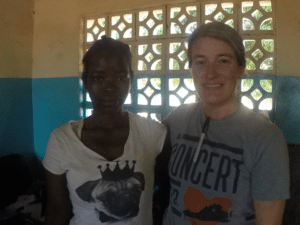
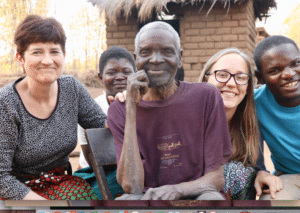
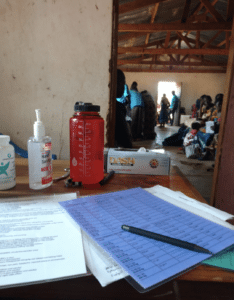
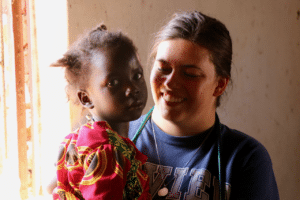
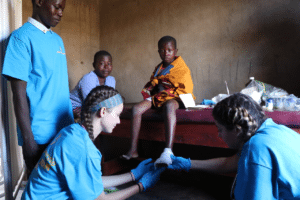
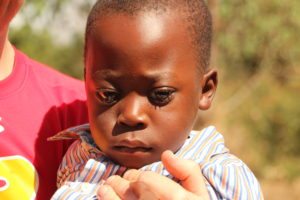 Last month our medical team treated a young boy with bulging, watery eyes. He was diagnosed with glaucoma, a build-up of fluid and pressure inside his eyes. If left untreated, the pressure would end up damaging his optic nerve, rendering him permanently blind. He was already experiencing deteriorating vision when our team examined him, and they knew that they would have to act quickly if they were going to save his eyesight. Unfortunately, with the thousands of patients that came to our clinics every day, our team was not able to find the right medicine for the boy while on the ground in Malawi. But Lucy Goeke, a VIP Board Member and the head of our medical team, kept thinking about the boy on her flight home and was determined to save his vision.
Last month our medical team treated a young boy with bulging, watery eyes. He was diagnosed with glaucoma, a build-up of fluid and pressure inside his eyes. If left untreated, the pressure would end up damaging his optic nerve, rendering him permanently blind. He was already experiencing deteriorating vision when our team examined him, and they knew that they would have to act quickly if they were going to save his eyesight. Unfortunately, with the thousands of patients that came to our clinics every day, our team was not able to find the right medicine for the boy while on the ground in Malawi. But Lucy Goeke, a VIP Board Member and the head of our medical team, kept thinking about the boy on her flight home and was determined to save his vision.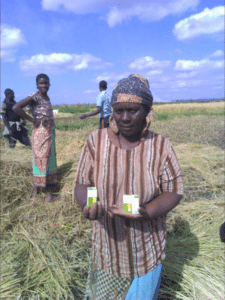 Liz received the email on her way to the airport to catch her flight home and immediately made a detour, stopping at several pharmacies until she found one with the right medicine. Thanks to Lucy’s persistence, Liz’s determination and the help of the VIP staff in delivering the medicine to his mother, the young boy received three months’ supply of the medicine to treat his glaucoma.
Liz received the email on her way to the airport to catch her flight home and immediately made a detour, stopping at several pharmacies until she found one with the right medicine. Thanks to Lucy’s persistence, Liz’s determination and the help of the VIP staff in delivering the medicine to his mother, the young boy received three months’ supply of the medicine to treat his glaucoma.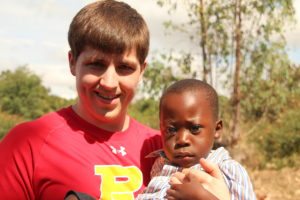
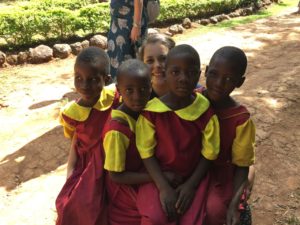 The second half of our day we were humbled with the opportunity to visit the government hospital in Zomba. It is difficult for me to describe what I saw because it is an experience you have to see with your own eyes to understand. The hospital experience was eye opening and humbling to be apart of. It was amazing to see how universal medicine is. For example, a lot of the equipment was the same such as yellow disposable stethoscopes, IV tubing, and saline bags. It was truly an unforgettable experience that I am grateful to have had the opportunity.
The second half of our day we were humbled with the opportunity to visit the government hospital in Zomba. It is difficult for me to describe what I saw because it is an experience you have to see with your own eyes to understand. The hospital experience was eye opening and humbling to be apart of. It was amazing to see how universal medicine is. For example, a lot of the equipment was the same such as yellow disposable stethoscopes, IV tubing, and saline bags. It was truly an unforgettable experience that I am grateful to have had the opportunity.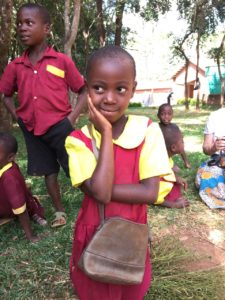 The smiles of the Malawian children and Malawians in general is contagious.
The smiles of the Malawian children and Malawians in general is contagious.